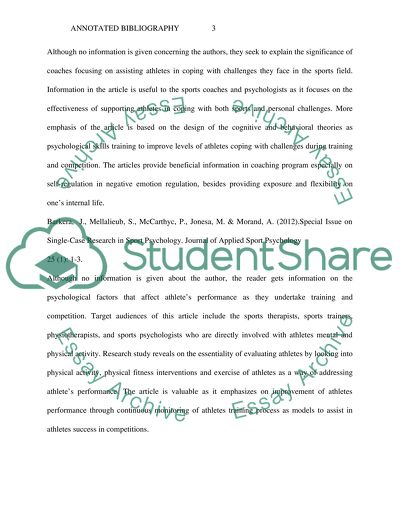Cite this document
(“Annotated Bibliography Example | Topics and Well Written Essays - 500 words - 9”, n.d.)
Annotated Bibliography Example | Topics and Well Written Essays - 500 words - 9. Retrieved from https://studentshare.org/psychology/1613735-annotated-bibliography
Annotated Bibliography Example | Topics and Well Written Essays - 500 words - 9. Retrieved from https://studentshare.org/psychology/1613735-annotated-bibliography
(Annotated Bibliography Example | Topics and Well Written Essays - 500 Words - 9)
Annotated Bibliography Example | Topics and Well Written Essays - 500 Words - 9. https://studentshare.org/psychology/1613735-annotated-bibliography.
Annotated Bibliography Example | Topics and Well Written Essays - 500 Words - 9. https://studentshare.org/psychology/1613735-annotated-bibliography.
“Annotated Bibliography Example | Topics and Well Written Essays - 500 Words - 9”, n.d. https://studentshare.org/psychology/1613735-annotated-bibliography.


